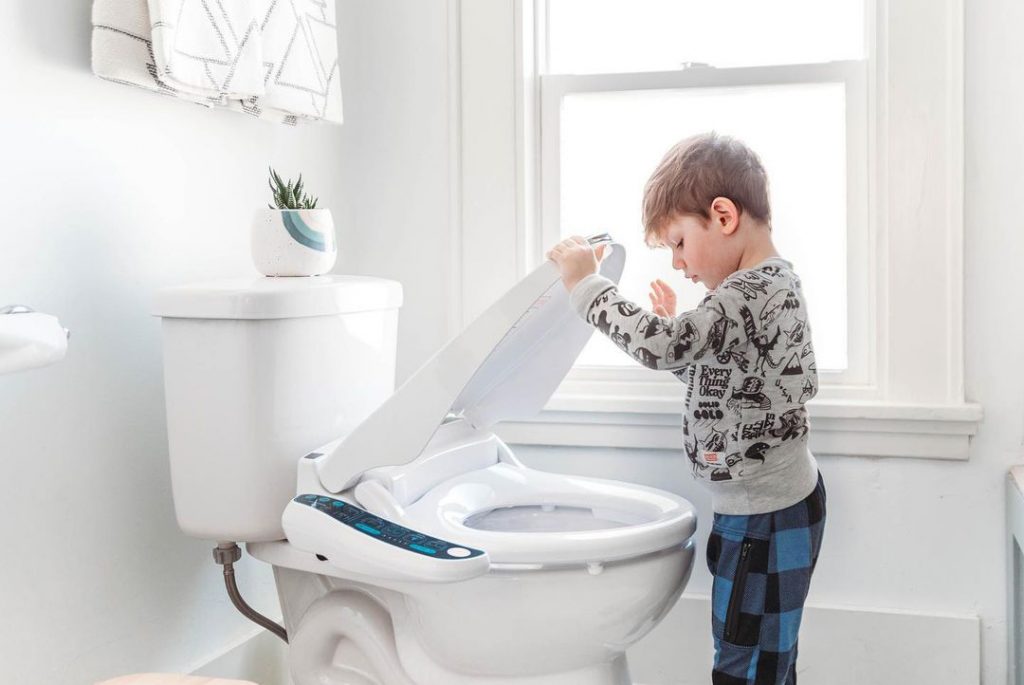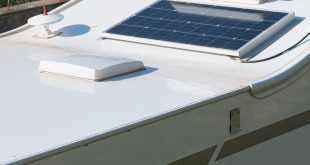Some people are reluctant to install a bidet because they don’t want to use the extra water; they’re familiar with the basic operation of a bidet, so they reasonably conclude that this device will increase their water bill. But in reality, bidets are actually capable of conserving water, making them both environmentally friendly and cost efficient.
How can this be the case?
The Dynamics of Water
Let’s address some of the dynamics of water as they apply to bidets.
First, you need to understand that bidets probably use less water than you think. If you’re conscious about how much water you use, or how much your utility bills are, you’re understandably reluctant to add any new appliance or fixture in your house that consumes water. But a bidet isn’t a sprinkler system for your lawn; it’s not going to use hundreds of gallons a month.
How much water you use depends on a variety of factors, including the type of bidet you have, how you use that bidet, how frequently you go to the bathroom, how many people are in your house, and so on. But for the average person, in the average bathroom visit, you’re going to use a negligible amount of water to clean yourself. Many people who installed bidets see minimal, if any increases in their water bill.
Still, at this point, you’d be right to make the argument that even if bidets don’t use much water, they still use some water. That means they play a role in your net water consumption, rendering them incapable of conserving water.
But you’re neglecting an important factor with this argument: toilet paper.
The average roll of toilet paper takes 37 gallons of water to produce (and significant volumes of energy). It takes water to grow trees and energy to process trees, so every sheet of toilet paper you use is associated with significant expenditures of both water and energy. If you use a bidet properly, you won’t need much toilet paper (if you use toilet paper at all). So as long as your bidet is using less than 37 gallons of water in the time it would take you to burn through a roll of toilet paper normally, you’re in the positive.
Also, misuse of toilet paper is sometimes associated with clogs that require extra flushes, multiplying the amount of water you use without a bidet.
Efficiency Advantages of Bidets
In summary, bidets have several efficiency advantages:
- Less toilet paper. This type of bathroom device cleans you with water, so you don’t have to use as much toilet paper as you did before. Some people don’t use toilet paper at all, drying themselves off with a towel instead. In addition to conserving water, this can save you a lot of money.
- Minimal water use. Bidets use less water than most people think, bearing minimal impact on your water bill.
- Fewer flushes. Because you won’t be wadding up big lumps of toilet paper, you’ll have fewer clogging issues, and you’ll have to flush the toilet less, ultimately saving water in another way.
- Fewer plumbing problems. In some cases, poor toilet paper use can cause severe clogging, forcing you to call a plumber. Fewer plumbing problems means less water use – and major cost savings on your part.
Other Advantages of Bidets
Efficiency isn’t the only reason to get a bidet, either.
- Greater comfort. Some people prefer bidets over toilet paper because they have a much more comfortable experience when using them. No matter how soft the toilet paper you use is, it’s still a surface with a rough texture that requires physical action and friction to do its work. Using a bidet for the first time might be a slightly uncomfortable experience, since it’s not a sensation you’re familiar with. But once you adjust the settings and you become a little more familiar with this fixture, you’ll never want to go back to using toilet paper.
- Better hygiene. There’s no doubt that using a bidet is cleaner than using toilet paper to wipe yourself. Water has unique properties, including cohesion and adhesion, that make it an ideal material for cleaning surfaces and removing debris. When you find yourself dirty after a long day, you don’t wipe yourself off with a dry paper towel; you take a shower. This same principle applies to your bathroom visits as well.
- Fewer health complications. Using a bidet is also associated with a lower risk of certain health complications – including hemorrhoids.
Even though it seems like a dubious conclusion, the evidence suggests bidets conserve water, at least on average. If you’ve never tried a bidet, now may be the perfect time; there are tons of different models available, and it’s hard to beat the advantages of using one.
 World inside pictures Collect and share the best ideas that make our life easier
World inside pictures Collect and share the best ideas that make our life easier






